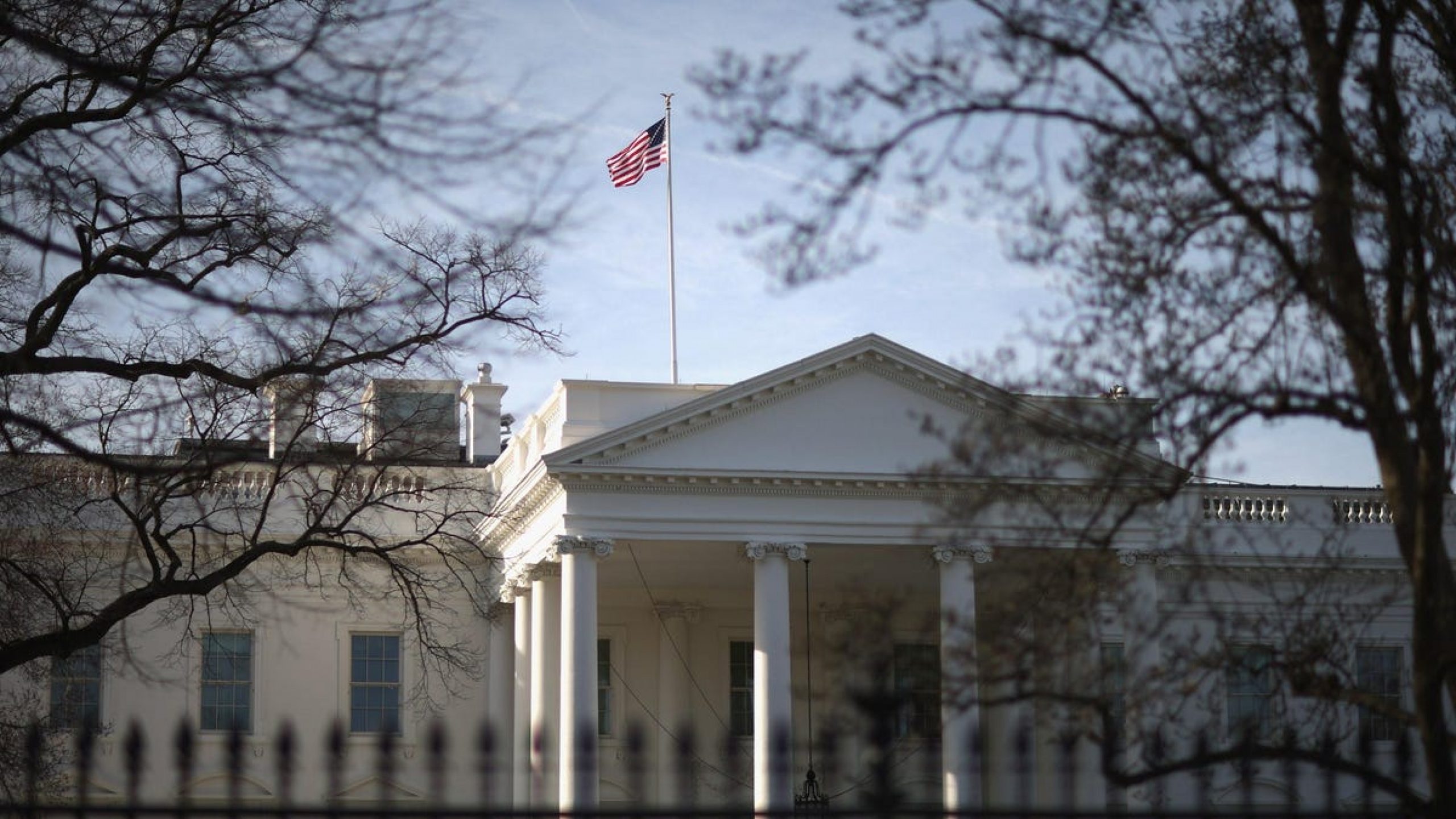A New Bipartisan Bill Aims to Crack Apple and Google’s ‘Ironclad Grip’ on App Stores

In the latest chapter to the ongoing reckoning over Apple and Google’s tight-gripped app store practices, two senators introduced a bipartisan bill on Wednesday that seeks to loosen the stranglehold these companies have over the major app ecosystems.
The Open App Markets Act, which is being spearheaded by Sens. Richard Blumenthal, and Marsha Blackburn, is designed to crack down on some of the scummiest tactics tech players use to rule their respective app ecosystems, while giving users the power to download the apps they want, from the app stores they want, without retaliation.
“For years, Apple and Google have squashed competitors and kept consumers in the dark—pocketing hefty windfalls while acting as supposedly benevolent gatekeepers of this multibillion-dollar market,” Blumenthal told the Wall Street Journal. As he put it, this bill is tailor-made to “break these tech giants’ ironclad grip open the app economy to new competitors and give mobile users more control over their own devices.”
The antitrust issues facing both of these companies—along with fellow tech giants like Facebook and Amazon—have come to a boiling point on Capitol Hill over the past year. We’ve seen lawmakers roll out bill after bill meant to target some of the most lucrative monopolies these companies hold: Amazon’s marketplace, Facebook’s collection of platforms, and, of course, Apple and Google’s respective app stores. Last month, three dozen state attorneys general levied a fresh antitrust suit against Google for the Play Store fees forced on app developers. Meanwhile, Apple is still in a heated legal battle with Epic Games over its own mandated commissions, which can take up to 30% from every in-app purchase users make.
Blumenthal and Blackburn target these fees specifically. The bill would prohibit app stores from requiring that developers use their payment systems, for example. It would also prevent app stores from retaliating against developers who try to implement payment systems of their own, which is the exact scenario that got Epic booted from the App Store last summer.
G/O Media may get a commission
On top of this, the bill would require that devices allow app sideloading by default. Google’s allowed this practice for a while, but this month started taking steps to narrow the publishing formats developers could use. Apple hardware, meanwhile, has never been sideload-friendly—a choice that’s meant to uphold the “privacy initiatives” baked into the App Store, according to Apple CEO Tim Cook.
Here are some other practices outlawed by the Open App Markets Act: Apple, Google, or any other app store owner would be barred from using a developer’s proprietary app intel to develop their own competing product. They’d also be barred from applying ranking algorithms that rank their own apps over those of their competitors. Users, meanwhile, would (finally) need to be given choices of the app store they can use on their device, instead of being pigeonholed into Apple’s App Store or Google’s Play Store.
Like all bills, this new legislation still needs to go through the regulatory churn before it has any hope of passing, and it might look like a very different set of rules by the time it finally does. But at this point, antitrust action is going to come for these companies whether they like it or not.

